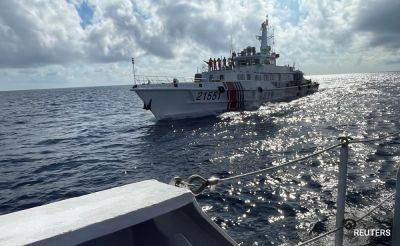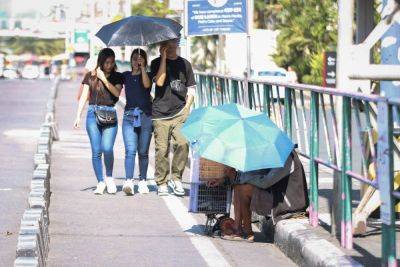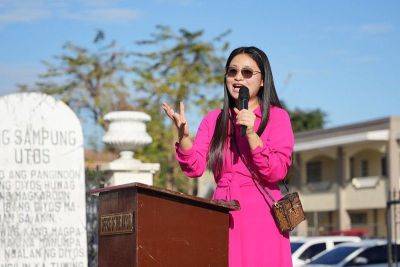Changing citizenship
Yuka Saso is back in the top 10 in the world. The former Philippine team golfer staged a dramatic rally from four strokes behind to win the US Women’s Open in Pennsylvania by three. With this single victory last week, she vaulted from No. 30 in the world to No. 6, and qualified for the Paris Olympics for Japan. Now, imagine if she had done it for the Philippines.
Why do athletes surrender Filipino citizenship and compete for other countries? We’ve seen this time and time again, in sports from chess to basketball to figure skating and others. In Saso’s case, she needed to choose between Japanese and Filipino citizenship before reaching the age of 21. Family pressure also influenced her choice. In basketball, the deadline is a ridiculous 16 years of age.
Familiarity is also a big factor in opting out of a Philippine passport. Kamaka Hepa was a high school all-American from Alaska. He was able to get a Filipino passport before the age of 16. But the 6’10 power forward decided to stay in America where he grew up, and was last seen playing in the Latvia Estonia Basketball League.
Politics is another repulsive issue for athletes. Often, athletes are beholden to their national sports association (NSA) heads. They are sometimes treated unfairly, or left out of important international events altogether. Some would prefer to play in another country where they would be able to play in peace. Sadly, this is far too common in the country. Just recall the case of chess prodigy Wesley So and figure skater Melissa Bulanhagui.
Money is also a great motivation to jump ship. The guarantee of sponsorships and travel simply makes an athlete’s life easier. Countries like Japan have lured Filipino and Fil-foreign athletes to their territory, where they are paid much better and are treated like royalty. A few decide to stay overseas permanently.
But one of the biggest lures to local athletes is changing nationality. Being a dual citizen or acquiring a Japanese, American or European passport is a great convenience, some of the most powerful travel documents in the world. In most cases, you don’t need to constantly apply for visas or go through biased security checks when you travel to







